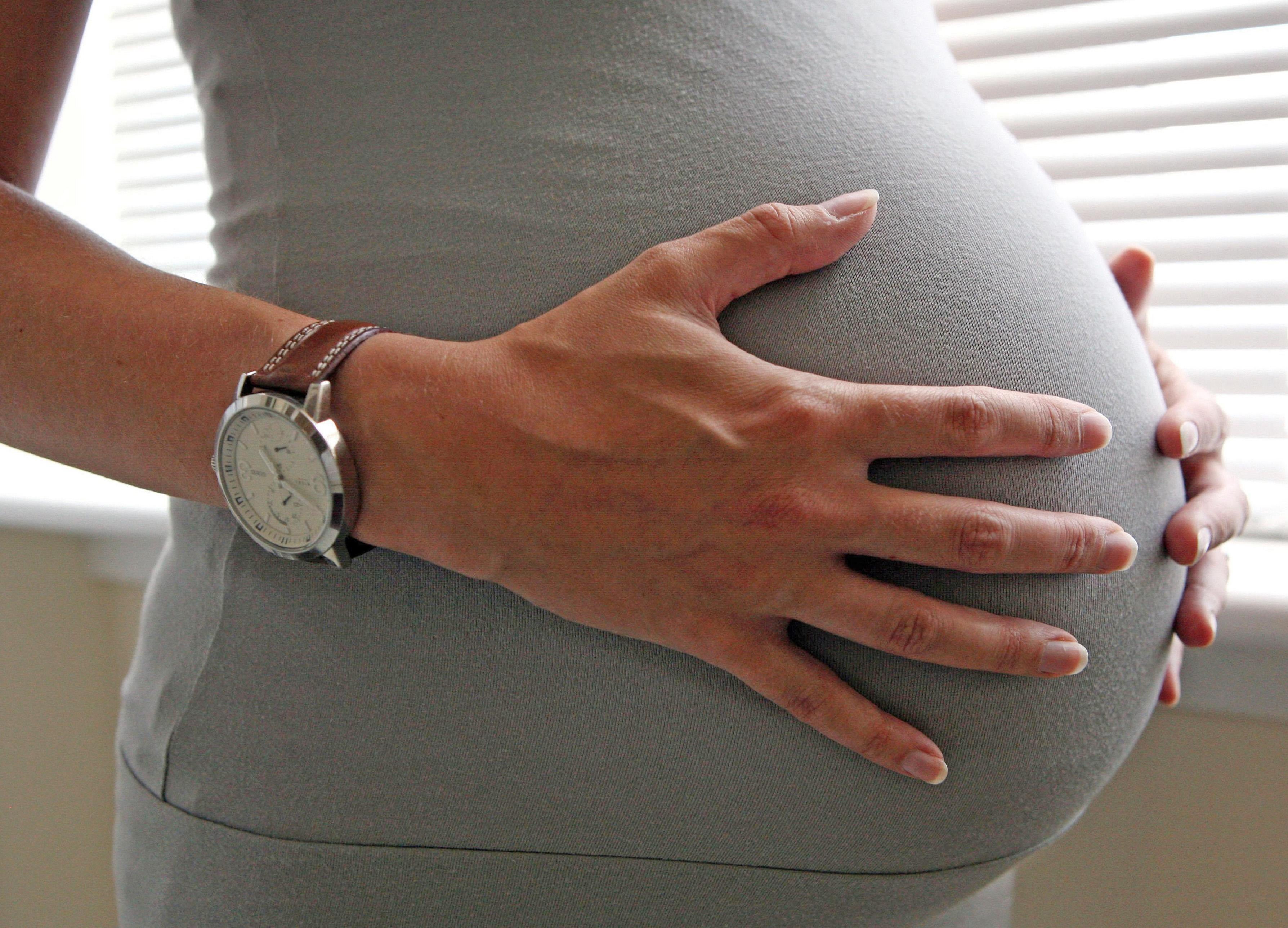IVF treatment to resume again for women not vaccinated against Covid
Chief medical officer Professor Sir Gregor Smith said treatment could now resume after being paused in January.

Your support helps us to tell the story
From reproductive rights to climate change to Big Tech, The Independent is on the ground when the story is developing. Whether it's investigating the financials of Elon Musk's pro-Trump PAC or producing our latest documentary, 'The A Word', which shines a light on the American women fighting for reproductive rights, we know how important it is to parse out the facts from the messaging.
At such a critical moment in US history, we need reporters on the ground. Your donation allows us to keep sending journalists to speak to both sides of the story.
The Independent is trusted by Americans across the entire political spectrum. And unlike many other quality news outlets, we choose not to lock Americans out of our reporting and analysis with paywalls. We believe quality journalism should be available to everyone, paid for by those who can afford it.
Your support makes all the difference.IVF treatment for women who have not had the Covid vaccine can resume, Scotland’s chief medical officer has said.
Professor Sir Gregor Smith said the decision to restart such treatment came after data emerged showing a reduced risk of severe disease among those who are unvaccinated, over the last four to six weeks.
As a result he said fertility treatment for unvaccinated women could resume, as long as they were “fully informed” about the risks of not having the vaccine.
Health boards stopped offering fertility treatment to patients who were not fully vaccinated in January, when the Omicron variant saw the number of infections surge across Scotland.
The chief medical officer said when he had made the decision that the situation would continue to be reviewed.
He said: “When I recommended a pause in fertility treatment in January for women who are not fully vaccinated, I said that would be reviewed alongside emerging evidence of risk and levels of Covid in the community.
“Data from Public Health Scotland demonstrates that both Covid-19 cases and hospitalisations are stabilising, and a reduced proportion of cases are resulting in hospitalisations, following the emergence of Omicron as the dominant variant.
“While data specifically on pregnant women is very limited, the available data on unvaccinated individuals suggests that the risk of severe disease requiring hospital or critical care admission has reduced over the last four to six weeks.”
He added: “I am recommending that this treatment can recommence so long as women affected are fully informed both of the risks of non-vaccination and also of the extensive evidence concerning the safety of vaccines in pregnant women, those planning pregnancy or undergoing fertility treatment.
“I strongly support the recommendation that people get the vaccine when offered. The Covid-19 vaccines are safe and effective and there is no evidence to suggest that the Covid-19 vaccines will affect fertility in women or men.”
He has now written to NHS chief executives and health boards to advise fertility treatment should resume for this group, while continuing to advise patients of the risks of not being vaccinated.
Women will also be asked to sign an informed consent form acknowledging they are aware of the risks of not being vaccinated.